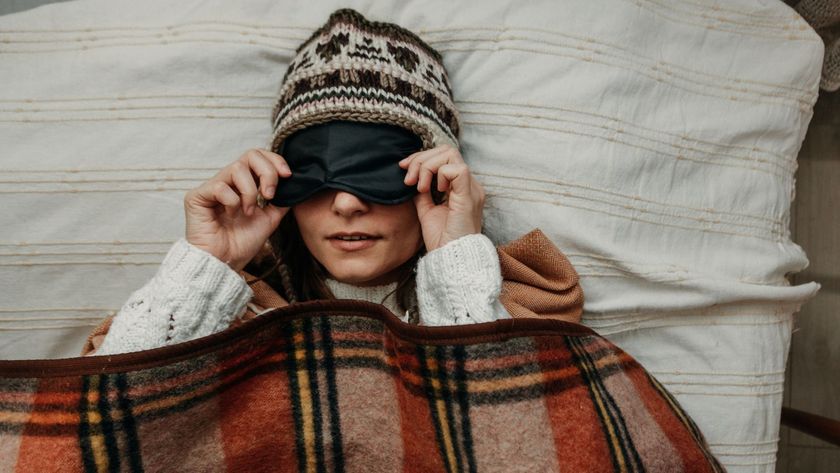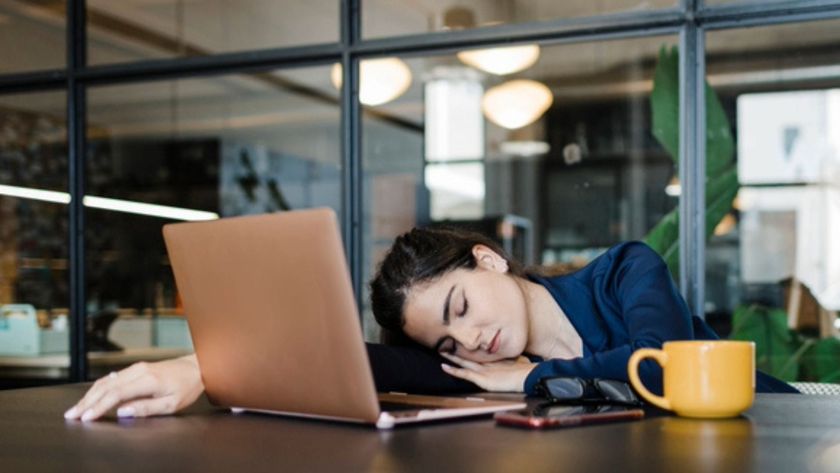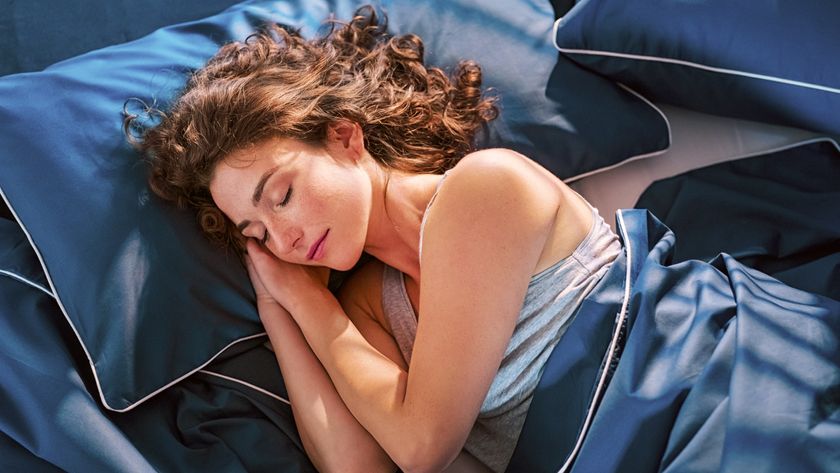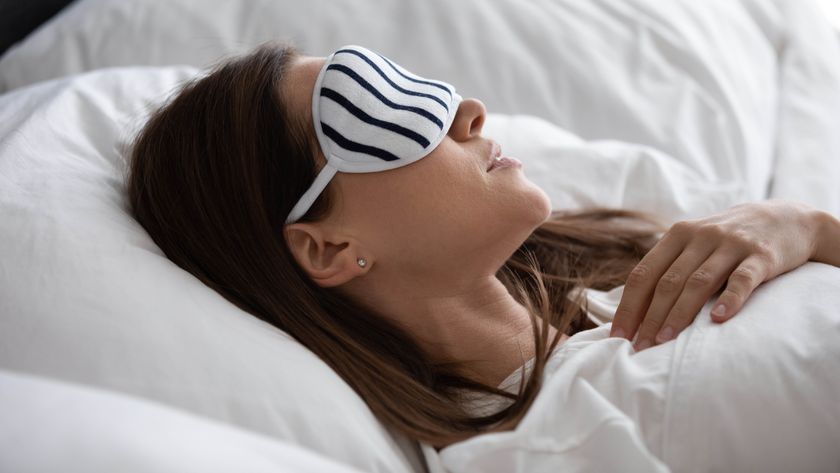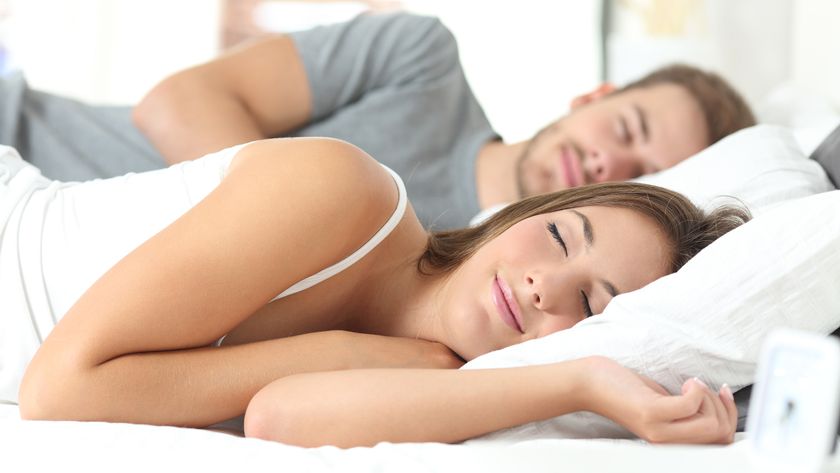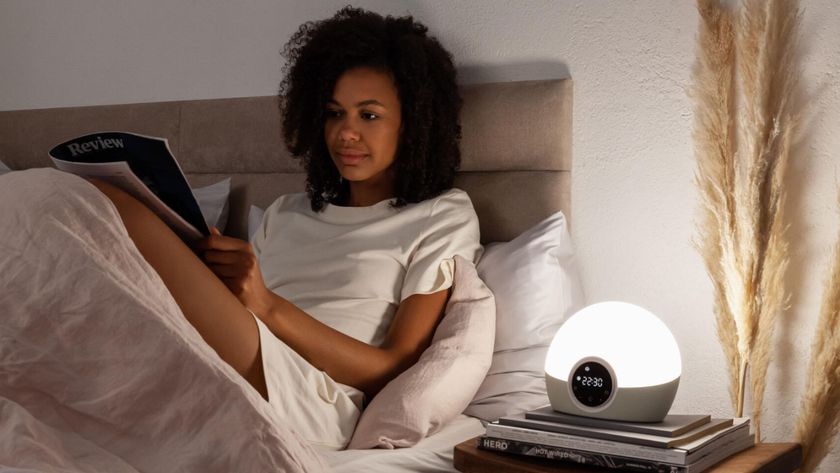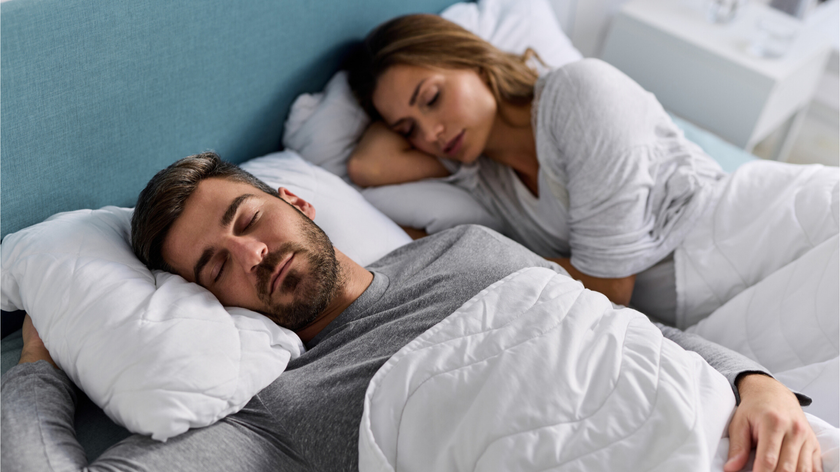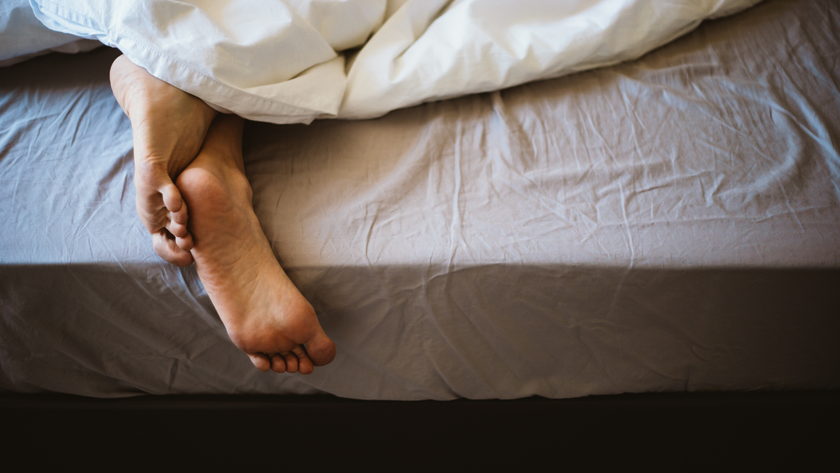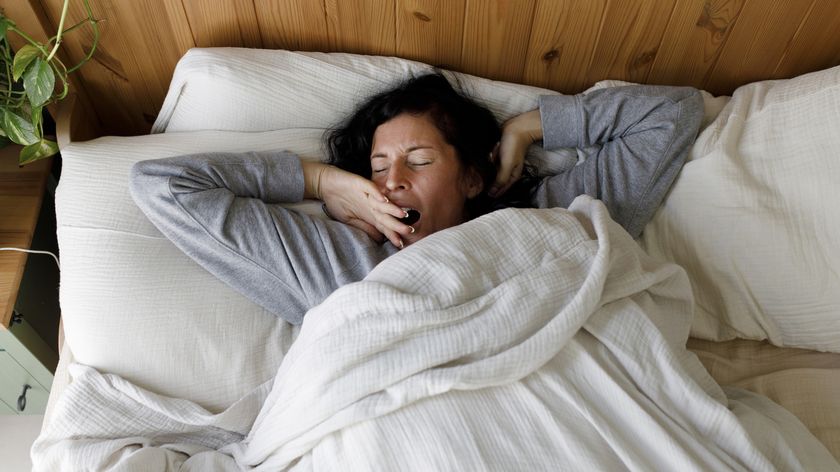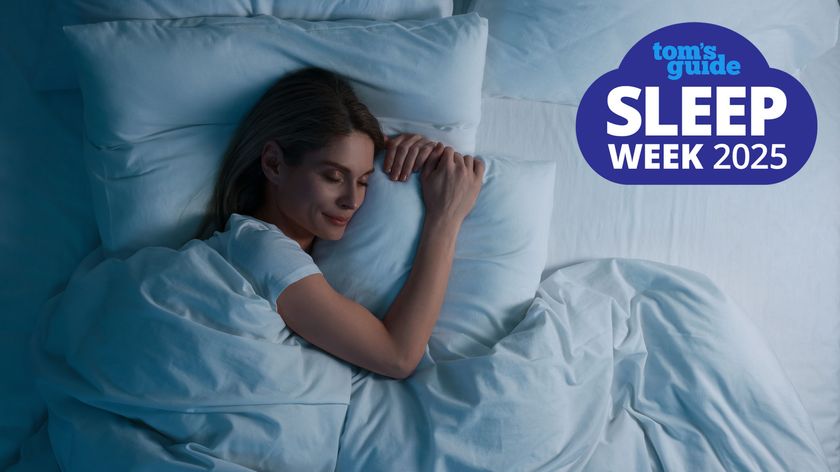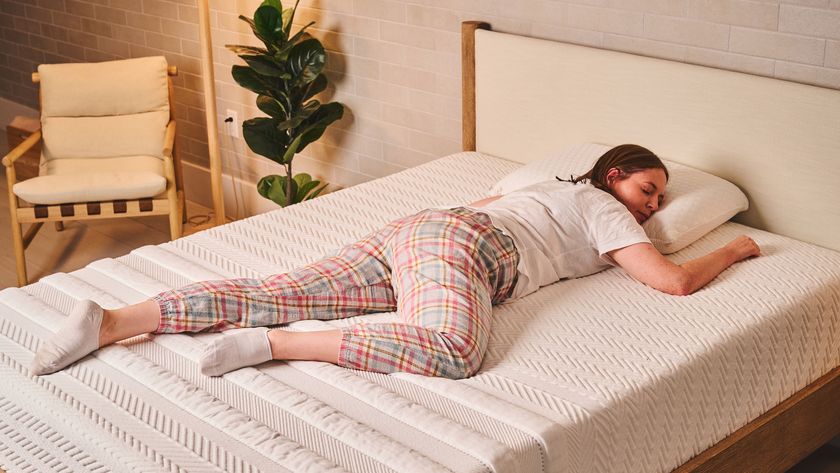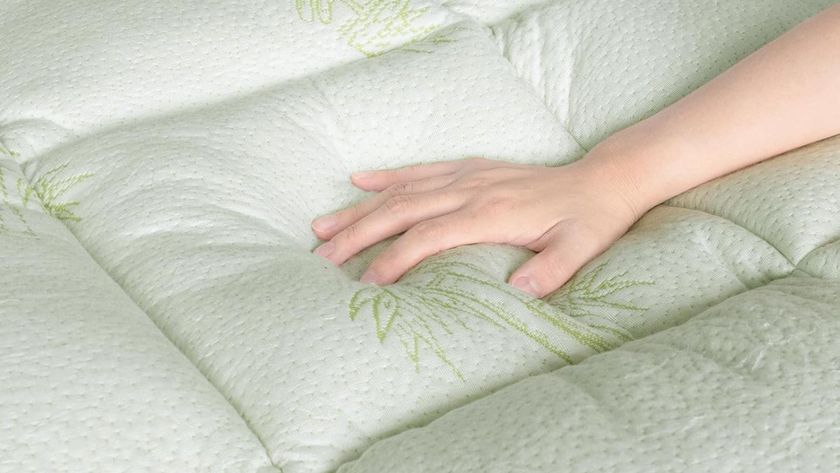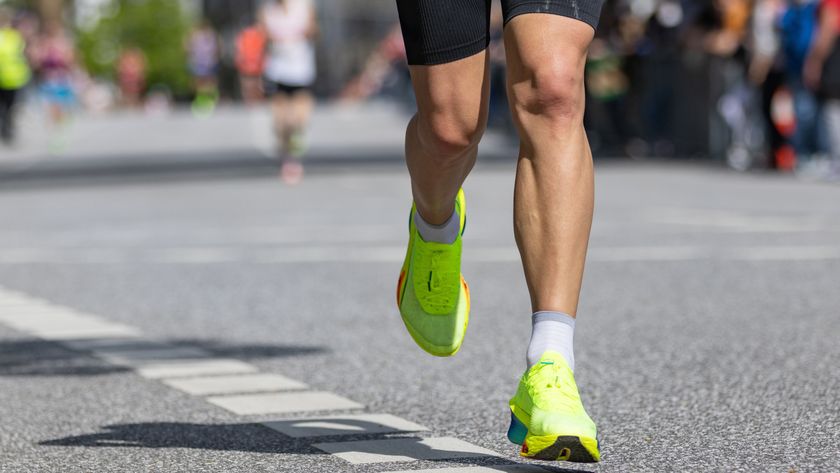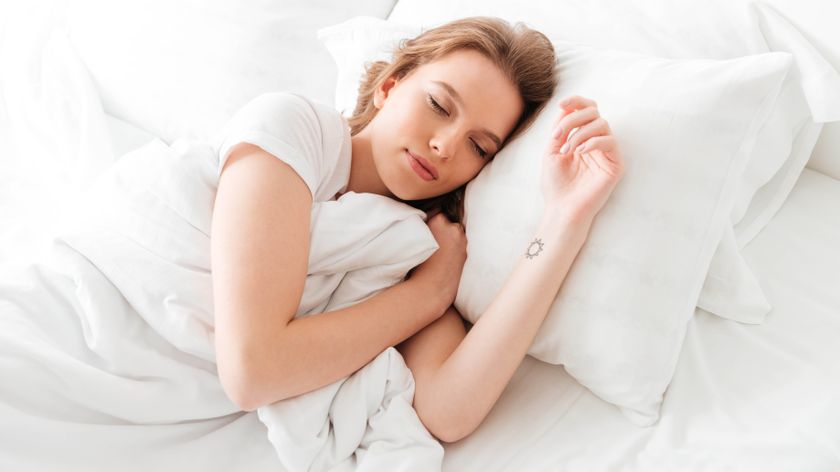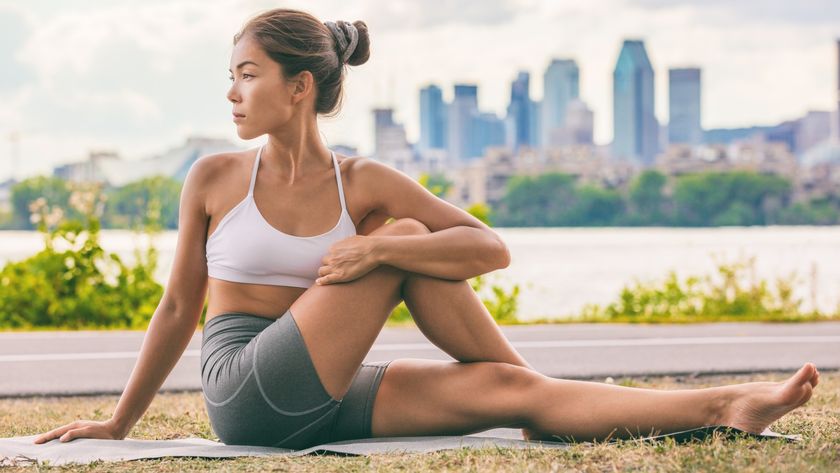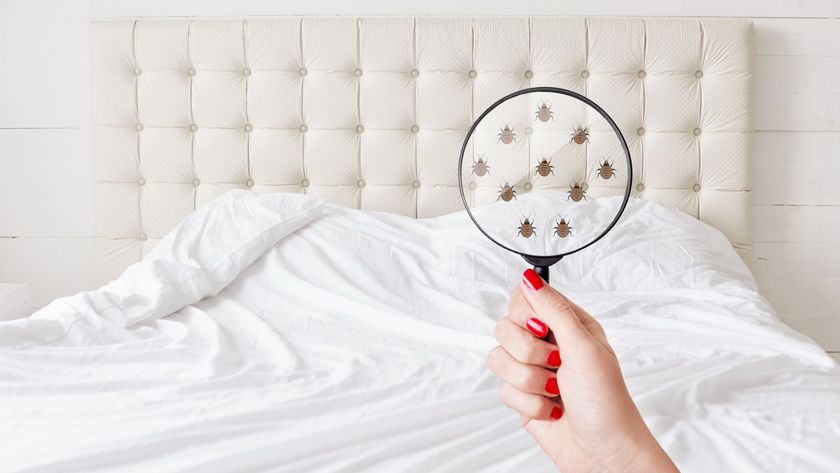An early walk on a winter's day is the best sleep hack if you're stressed — here's why
Get outside to sleep better and feel less stressed this winter
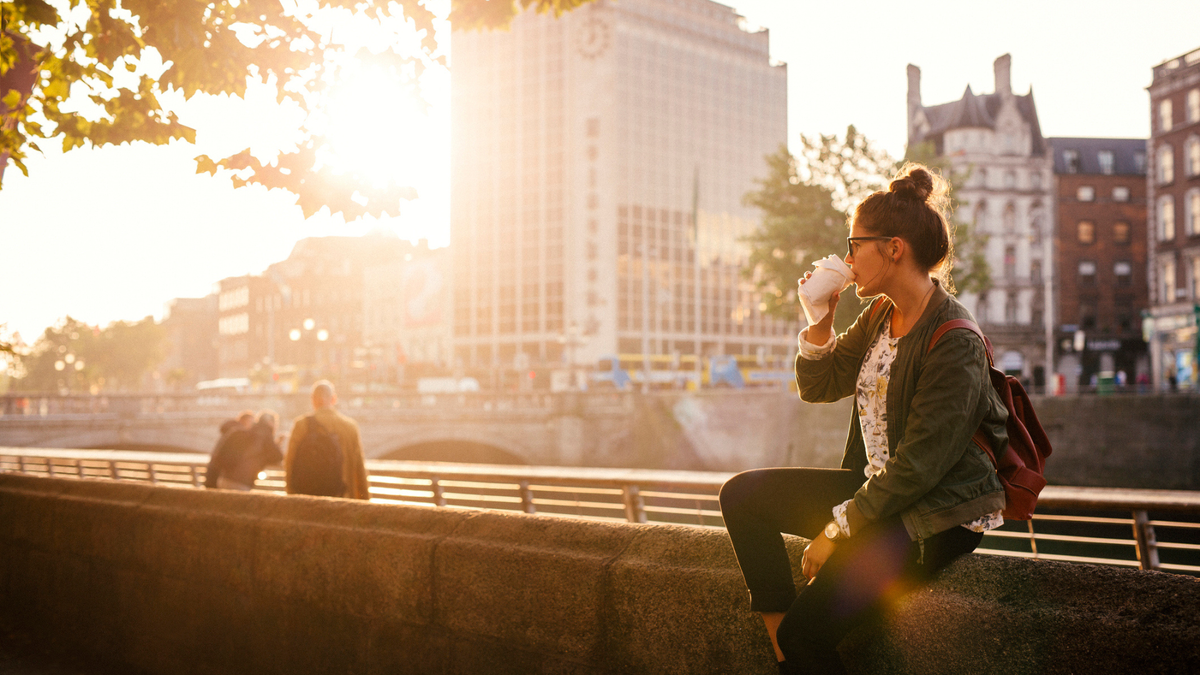
Winter is typically when we humans get closest to a state of hibernation; increasing our time indoors, layering up against the cold and nourishing ourselves with rich, hearty foods. But winter, especially December and January, is considered the most stressful time of year and that can lead to nights spent lying awake rationalizing racing thoughts.
Even if you’ve nailed your bedroom setup and you're snuggling up on one of the best mattresses every night, great sleep can elude us in colder months. Whether that's due to the shorter days disrupting our circadian rhythms, the onset of seasonal affective disorder, a type of depression that is most prevalent in the darker winter months, or struggling with finding the right temperature for your bedroom (more on that below).
While it may seem counterintuitive, stepping outside actually has a raft of benefits that can aid your night’s rest and boost wellbeing. Experts say a winter walk can improve your sleep and reduce stress, while research has shown that mindful walking outdoors can improve mood and sleep quality. Here, we’ll explore why the dual effects of morning light and exercise can ease your stress levels and give you a better night’s sleep.
Why is it difficult to sleep in the winter?
It can actually be much more tricky for many of us to get a good night’s sleep during the winter months. Shorter days mean less exposure to sunlight and colder weather increases the likelihood that we’re indoors with the heating cranked up. Since light and temperature both play a huge part in regulating our circadian rhythms and mood, it’s not surprising that sleep can become disrupted, or even plain impossible.
Light stimulates the production of cortisol, the hormone that makes us feel alert, while darkness stimulates the production of melatonin (the hormone associated with sleepiness). So, when the window of daylight hours gets smaller in winter, our circadian rhythms can be disrupted, negatively impacting our night’s rest.
Less exposure to light in winter months can even lead some of us to experience seasonal affective disorder (SAD), with symptoms affecting sleep in ways that can include insomnia, daytime tiredness and sleeping more. What’s more, January is the worst month for stress and low mood. Returning to work, lack of money from Christmas spending and poor weather all leads to lower overall mental wellbeing. So, if you're lying awake with racing thoughts, a morning walk could be the key to better sleep.
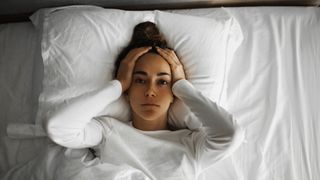
How a winter walk can improve your sleep
While it might seem like the prognosis for your sleep in winter is bleak, many studies have shown that taking a walk outdoors has a raft of health benefits, including giving you a better chance of a restful night. Here, we explore how bracing the crisp winter outdoors can do just that.
Reduce stress and anxiety
When you’re struggling with the symptoms of SAD (which can include low mood, stress and anxiety, according to the Cleveland Clinic) or being kept awake by racing thoughts and the stresses of the day, your sleep onset can be delayed. Dr Lindsay Browning, chartered psychologist and founder of sleep issue clinic Trouble Sleeping previously explained to us that, “If someone is anxious, they often find their mind busy with fretful thoughts and worries which can make it harder to relax and fall asleep.”
Sign up to get the BEST of Tom's Guide direct to your inbox.
Get instant access to breaking news, the hottest reviews, great deals and helpful tips.
But stepping outside can have a big impact on that. First of all, exposure to sunlight can boost serotonin levels, while exercise releases endorphins, both of which can positively affect your mood.

What’s more, a 2022 study aimed to compare the emotional affects of a 30-minute walk showed that walking outdoors in either nature or in an urban environment decreased “negative effect” in participants. They noted that negative effect in emotions, “has been widely associated with the development of emotional disorders such as anxiety and mood disorders.” For those who have access to a park or natural space, the researchers also found that “green exercise has especially positive effects on emotional well-being.”
A reduction in negative emotions, like stress and anxiety, and a boost in positive emotions means that your cortisol and adrenaline levels will be lower, making it easier to fall asleep and enjoy a full, restorative rest overnight.
Regulate your circadian rhythm
Let's delve deeper into how light and exercise can affect sleep. We know from above that exposure to daylight is crucial to maintaining our circadian rhythms, but were you aware that a 2024 study tracking 103 adults for up to 70 days showed that morning exposure to sunlight improved their sleep quality?
Research also shows that exercise increases the production of melatonin, which means that the benefits of stretching your legs can include falling asleep more easily and staying asleep throughout the night. So, is a morning walk best? According to experts at Harvard Health, exercise early in the day that lets you soak in natural light can help the effects of melatonin production, assisting in regulating your circadian rhythm.
In simple terms, getting outside for a walk in the morning light helps set your biological clock for the day. This means as the evening draws in you’ll be releasing plenty of melatonin to help you fall asleep at the right time.
Boost your energy
Walking in the freezing cold is going to make you feel miserable and exhausted, right? Wrong! An outside stroll in the morning actually gives you a natural energy boost thanks to the power of light. That’s right, exposure to the sun’s rays early in the day signals your body to produce cortisol, which has the effect of making you feel alert and awake.
Combining that with exercise is a win, since according to Harvard Health, moving your body triggers the production of mitochondria cells, and the more of those you have, the greater your energy supply is. And even better, your body is then using energy more efficiently thanks to increased oxygen levels generated by exercise.
Plus, exercise produces endorphins, the hormones that make you feel energized and happy. With your energy levels more regulated, you’ll likely sleep better at night and won’t be as prone to feeling drowsy during colder days. Which is good, since, according to the American Academy of Sleep Medicine (AASM), giving in to the urge to snooze during the day disrupts our circadian rhythms. Anyone who has succumbed to an afternoon sleep, only to be full of beans come night time can attest to that.

Top tips for good sleep in the winter
Winter walks are clearly a great tool in your arsenal for better sleep, but there are plenty of other ways to make sure you snooze through the night during the colder months.
Keep a consistent sleep schedule
It requires a bit of discipline, but maintaining a regular time for going to sleep and waking up can work wonders in ensuring you get the recommended seven to nine hours of sleep a night. That’s because you’re effectively setting your body’s internal clock and training it to know when it’s time for you to fall asleep.
We’d suggest trying to keep those times consistent throughout the week (yes, that means weekends too), but if your current sleep schedule is all over the place, there are ways to fix it, including a simple method of adjusting your sleep and waking up times to 20 minutes earlier each day for three days.
Keep your bedroom cool
Tempting as it is to move the thermostat up a few degrees to make your bedroom as toasty as possible when you’re about to head to bed, experts say the ideal temperature for sleep is actually between 60-68°F.
Our body temperature actually decreases by up to 1 degree at night, which corresponds to an increase in melatonin levels, making us sleepy. So while the warmth might feel good to begin with, you can end up overheating. Sleeping with the heating up can lead to a restless night tossing and turning, as well as making it more difficult to fall asleep in the first place.
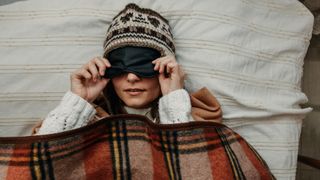
Create a nighttime routine
It might sound boring, but creating (and maintaining) a good nighttime routine can actually work wonders for your sleep. Much like keeping to a sleep schedule, creating regular habits for before you sleep can help with a healthy circadian rhythm, since they relax your body and mind and help signal that it’s time to rest each night.
Unsurprisingly, ditching the screens (and the blue light that can inhibit melatonin production) 30 minutes before bed is a great way to start, as well as working out which relaxing activities suit you best. That could be reading, meditating, gentle stretches or listening to some calming soundscapes. Setting your bedroom up to be sleep-conducive is great, too. Consider dimming the lights, making sure you have the best pillow and best mattress for your preferred sleep style and clean, comfortable bedding.
Jenny Haward is a U.K. based freelance journalist and editor with more than 15 years of experience in digital and print media. Her work has appeared in PEOPLE, Newsweek, Huffpost, Stylist, ELLE, The Sydney Morning Herald and more. Jenny specializes in health, wellness and lifestyle, taking a particular interest in sleep.
